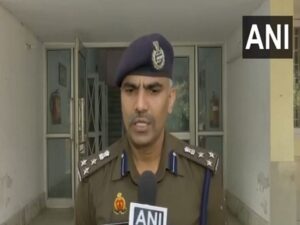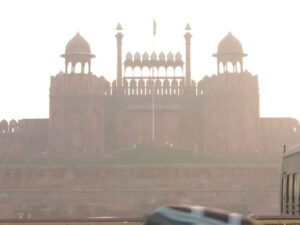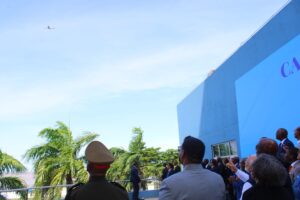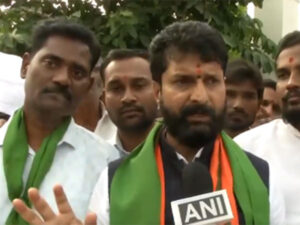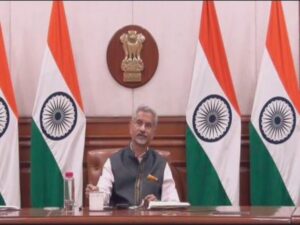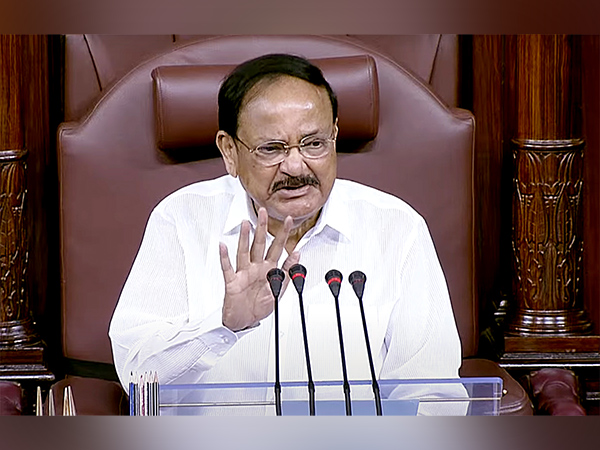
New Delhi [India], August 5 (ANI): Rajya Sabha Chairman M Venkaiah Naidu on Friday clarified in the House that “MPs do not enjoy any immunity from being arrested in a criminal case during the Session or otherwise”. In criminal matters, Naidu said, Members of Parliament (MPs) are “not on a different footing than a common citizen”. “It means that a Member of Parliament does not enjoy any immunity from being arrested in a criminal case during the Session or otherwise,” Naidu observed.
Naidu’s observation came a day after Congress leader of house Mallikarjun Kharge raised the issue in the House that he was summoned by the Enforcement Directorate when the session is on. Going by what has happened in the last few days, Naidu said, “I want to clarify one thing that “there is a wrong notion among the members that they have a privilege from action by agencies while the session is on”.
“I have given it a serious thought. I examined all the precedents and I remember my own ruling given earlier. “Under Article 105 of the Constitution, Members of Parliament enjoy certain privileges so that they can perform their parliamentary duties without let or hindrance. One of the privileges is that a member of Parliament cannot be arrested in a civil case, 40 days before the commencement of the Session or Committee meeting and 40 days thereafter,” said the Chairman.
This privilege is already incorporated under section 135A of the Civil Procedure Code, 1908, said Naidu
Noting that there have been a number of rulings by presiding officers, the Chairman drew the attention of the House to one ruling given in 1966 by Dr Zakir Hussain that mentions that “Members of Parliament do enjoy certain privileges so that they can perform their duties”.
“One such privilege is freedom from arrest when the Parliament is in Session. This privilege of freedom from arrest is limited only to civil cases and has not been allowed to interfere in the administration of criminal proceedings.” Naidu further said members may also recall that I made an observation earlier, and, in the observation, I said, “No Member should avoid appearing before any investigating agency when she or he is called upon to do so by citing the reason of House duty. As lawmakers, it is our bounden duty to respect the law and legal procedures. It applies to all, in all cases, because you can only inform that the House is in Session, seeking further date but you cannot avoid the enforcement agencies or the law enforcing agencies’ summons or notices. This has to be taken note by all.”
In a landmark case, the Chairman said, K Anandan Nambiar and another, the Supreme Court of India held that the true Constitutional position is that so far as a valid order of detention is concerned, a Member of Parliament can claim no special status higher than that of an ordinary citizen and is as much liable to be arrested, detained or questioned even during the Session.
The Supreme Court in a recent case, State of Kerala Vs K. Ajith and Others, Naid said, observed that “privileges and immunities are not gateways to claim exemptions from the general law of the land, particularly as in this case, the criminal law which governs the action of every citizen.” “There are so many rulings like that. So, let there be clarity in the minds of members. That is why I reiterated this.” (ANI)






